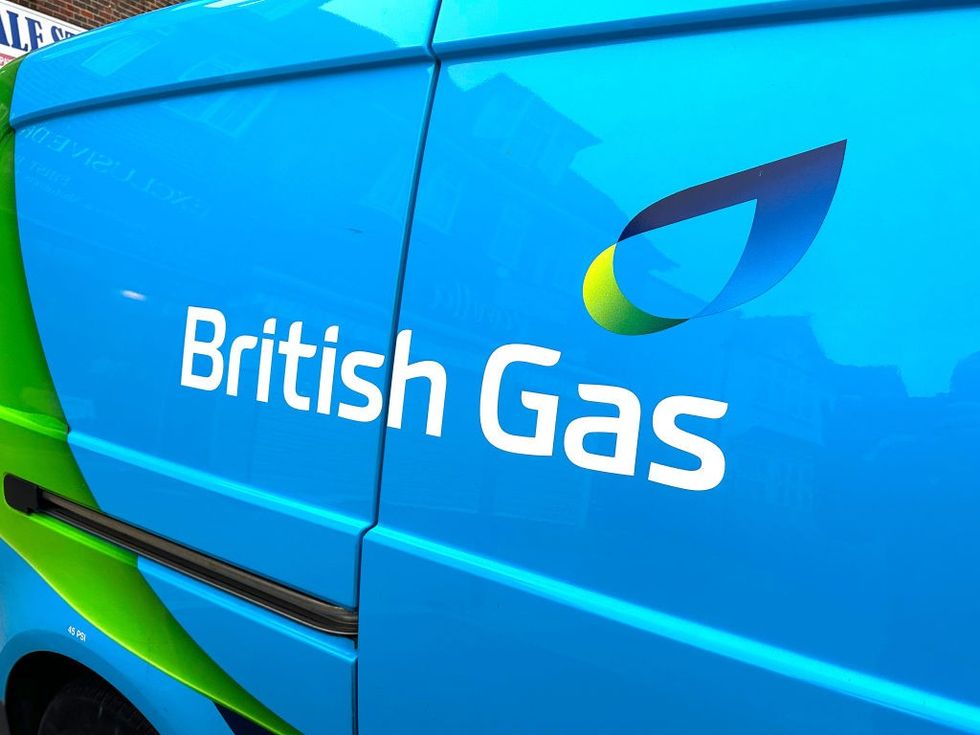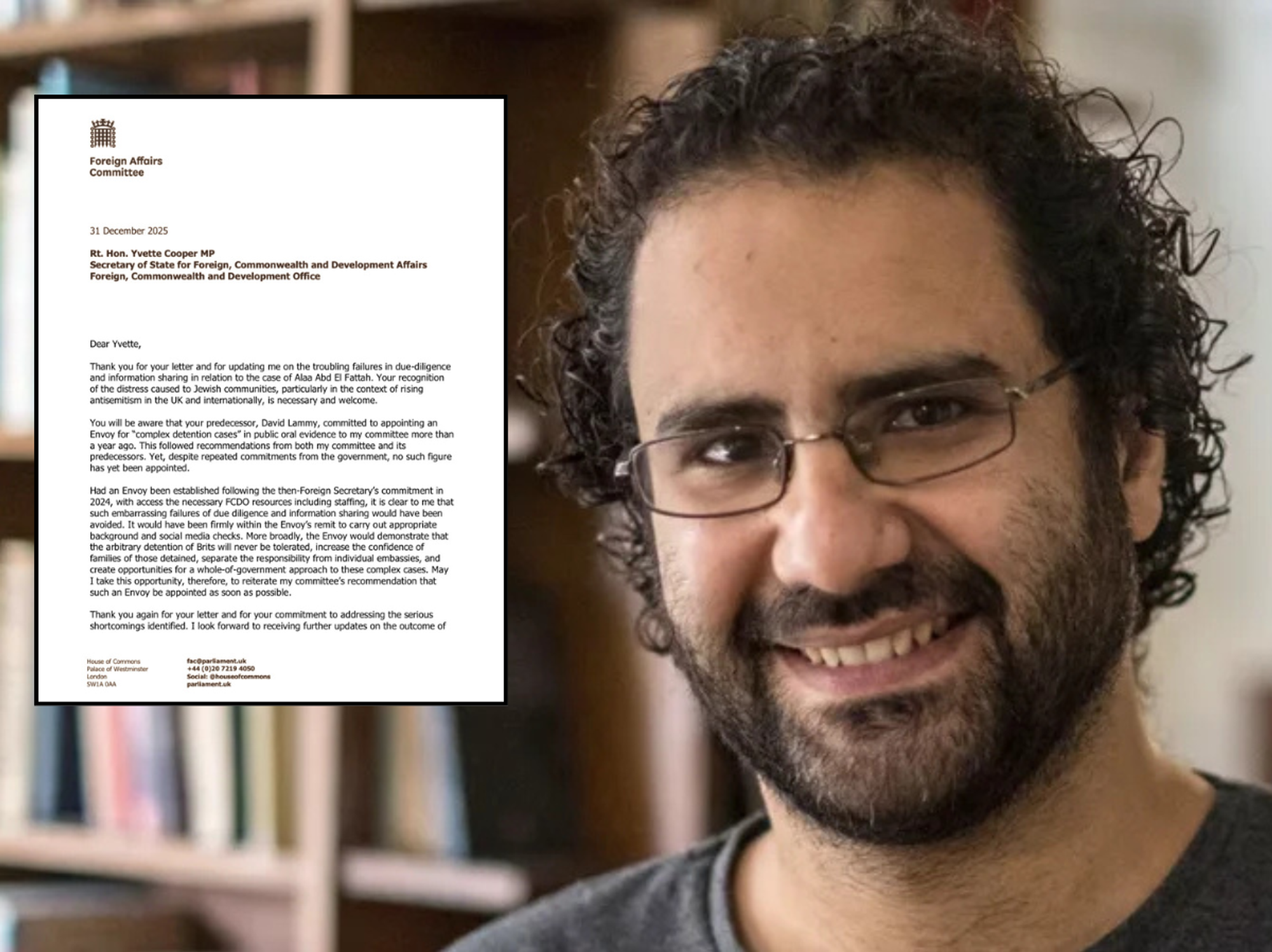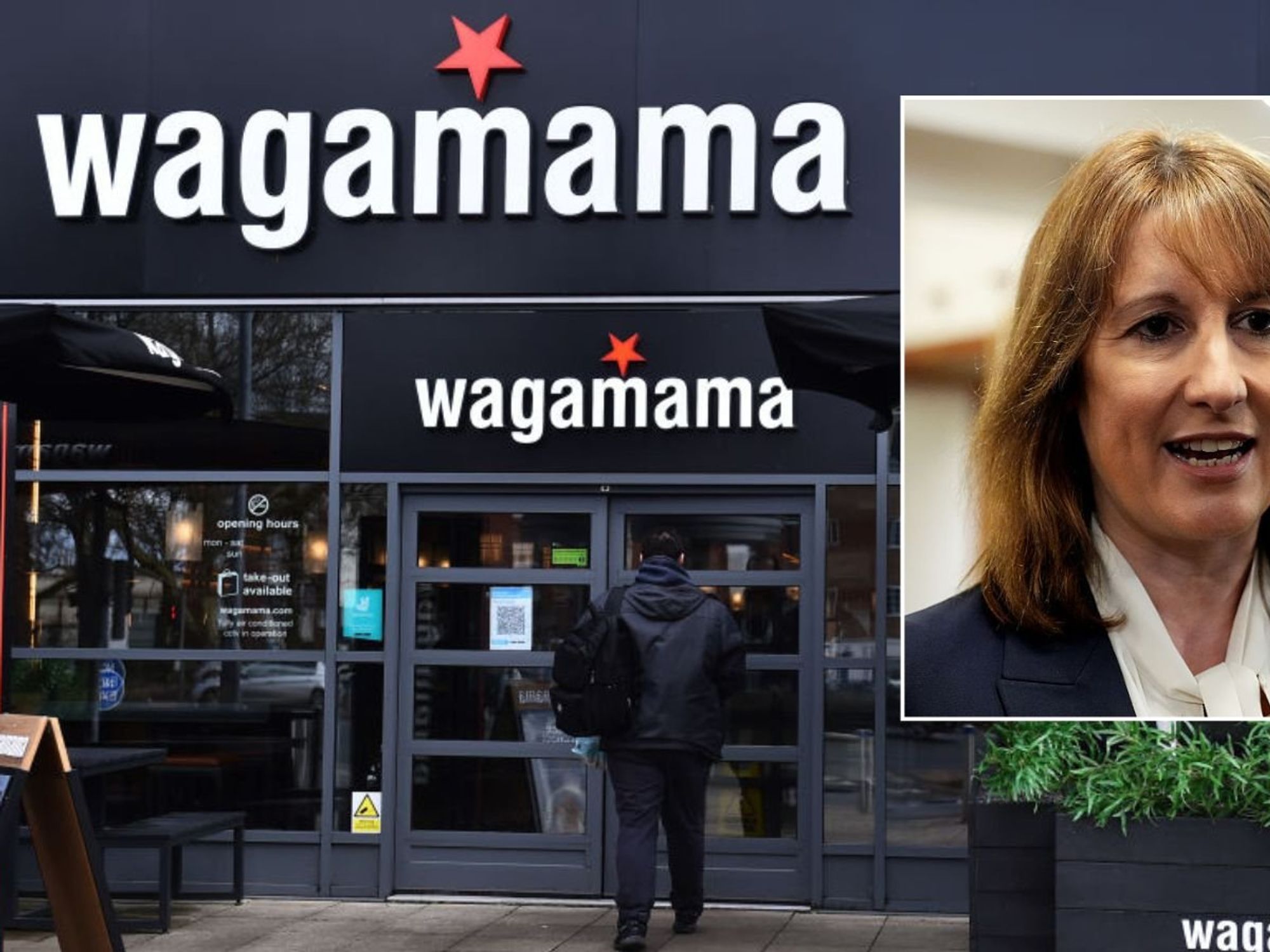New rule sees British Gas, EDF, EOn and OVO to pay customers £30 after switching delay

Ofgem has announced that energy firms must not charge over a certain amount for variable tariff
|GETTY

Customers can get a refund from their energy supplier if they take over five days to switch them to their new provider
Don't Miss
Most Read
Major energy companies including British Gas, EDF, EOn, OVO will have to pay £30 compensation to customers if the suppliers violate a new regulation introduced this month.
Ofgem has announced that energy firms must not charge over a certain amount for variable tariffs.
If a provider breaches this term, customers could be owed up to £30.
Energy customers are free to switch to a new electricity or gas supplier at any time, and their new supplier is in charge of switching them from their old supplier.
Although some fixed tariffs come with an exit fee, potentially hitting customers with up to £35 per fuel, but these rates don't apply to standard variable tariffs – anyone not on a fix.
As the energy market has been so unstable recently, most people still won't be on a fix because the standard variable has been cheaper.

Major energy companies including British Gas, EDF, EOn, OVO will have to pay £30 compensation to customers
|GETTY
But now, under a new Ofgem rule introduced on April 1, if one’s new supplier takes longer than five working days to switch them from their old supplier, they must pay them £30 compensation.
Ofgem wrote: “From April 1, 2024, if your new supplier takes longer than five working days to switch you they must pay you £30 compensation.
“You do not have to do anything. This money will be paid automatically into either your energy account or bank account.
“You may be able to get an extra payment from your supplier, for example if there are further delays, or if you’re switched by mistake.
“Find out if you can get compensation for problems switching energy suppliers.”
Ofgem is considering a new dynamic price cap.
This means that prices could vary depending on the time-of-day households use their energy.
The energy regulator said introducing "time-of-use dependent" unit rates could provide more flexibility to the market and potentially bring prices down for everyone.
It also says that as the energy market evolves, and with the country gradually moving towards net zero, a new system is needed to reflect these changes.
The plan is still in the early stages, with Ofgem inviting people to share their views and concerns by May 6.
Ofgem said that by encouraging people to shift the time of their energy consumption, which takes pressure of the national grid during peak times, it will "in turn reduce costs for everyone".
LATEST DEVELOPMENTS:
The energy price cap covers 29 million households in England, Wales and Scotland and is set every three months by the energy regulator Ofgem.
The regulator Ofgem said as of April 1, an average household paying by direct debit for dual fuel (gas and electricity) would pay £1,690 a year, a drop of £238 from the previous cap.










